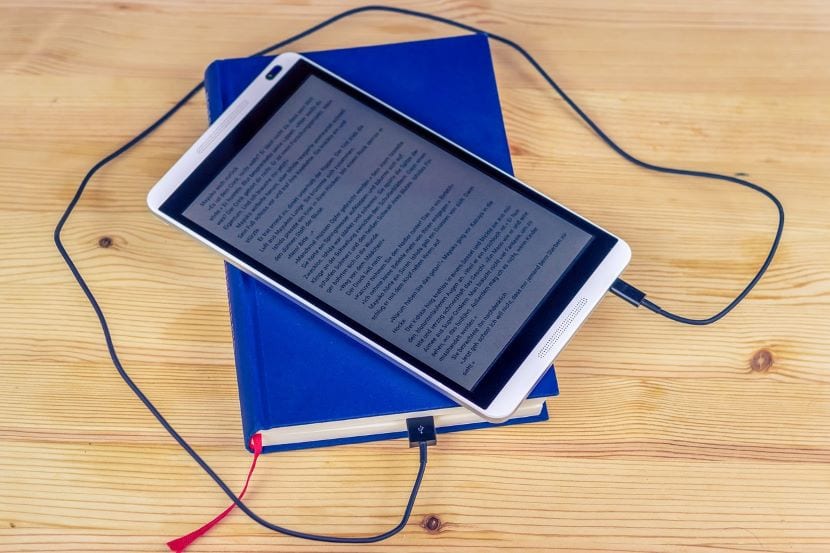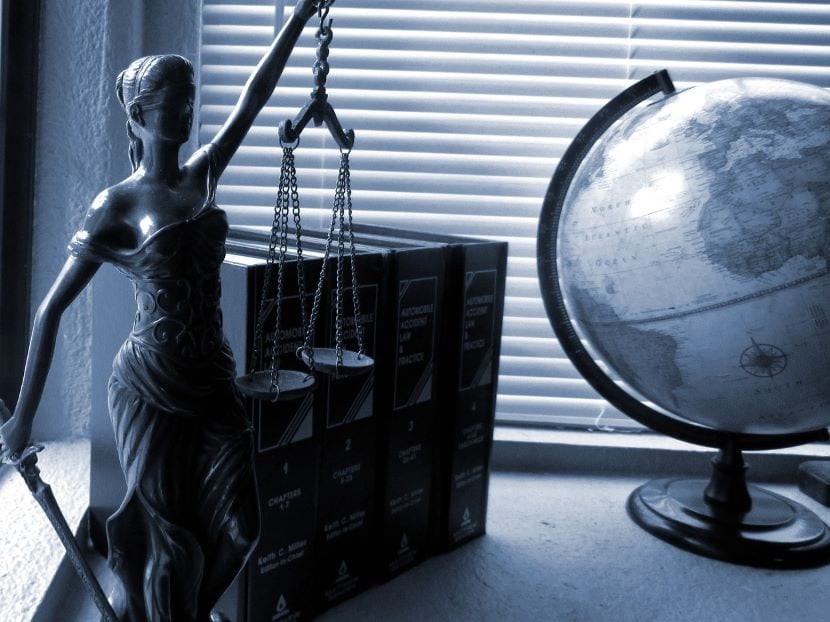
Digital and paper book: two formats or two different legal concepts?
We have the preconceived idea that when we buy a digital book we acquire the same rights over it as when we buy a paper book and it makes sense, but the reality is that it is not like that.
A paper book becomes our property, not the intellectual property, of course, but the physical book. Instead, when we buy a digital book what we really get is the temporary and conditional use of the book's content, not a virtual file similar to paper. And that, what does it mean?
Digital book loan
Paper books have passed from one hand to another, from generation to generation, with total ease and without anyone questioning this right, beyond those who, scared of lending books and never seeing them again, decide not to leave again. his books on paper.
Can we do the same with the digital book? It seems logical to think that it is, but the reality is that it is not.
The loan of the digital book is possible or not according to the criteria of the platform where we buy it. For example, Amazon allows you to lend the digital book with many restrictions: once, for fourteen days, and in those fourteen days the owner loses access to the book as if lending it on paper. Other platforms do not directly allow it.
Although digital borrowing is allowed, the author, as in the case of paper, does not receive copyright for the books borrowed.
And in digital libraries?
Libraries work differently, under the model «one copy, one user»: When they lend a digital book, they cannot lend it to another user until the first one returns it. Why? Because, in this case, the same thing happens with the paper book: the library has one copy or several, not infinite copies and while a reader uses the copy, no one else has access to it. As with paper, books are not available until borrowers return them.
The difference in this case is that the license acquired by the library allows it to lend it as many times as requested as long as the model described is met,
Will our descendants inherit our digital library?
We may think that when we buy a digital book it is ours forever as it happens with a paper book, but it is not like that. Microsoft has recently closed its digital library and, although it has returned the money to the owners of its books, they have lost their copy, because what we buy is a license to use, indefinitely, not ownership of the file.
In the absence of a law that regulates this situation, the current answer is that it depends on the criteria of the platform and that the general answer, today, is no.